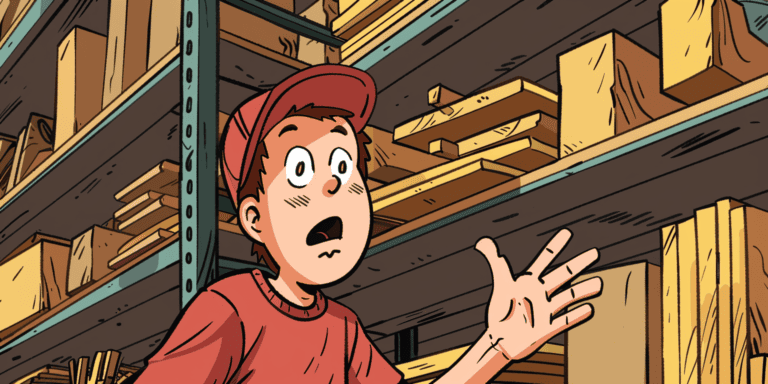Dr. William Brown
Special to The Lake Report
Three years ago, I wrote a column about sex and the elderly as a promo for an upcoming Infohealth session. We struggled to find a suitable headline and finally settled on “Sex and aging,” with sex leading off and aging in a supporting role.
The reason is simple: sex isn’t simply a matter of hormones, mechanics, infirmity and age. Maybe, but you wouldn’t know that from prestigious medical journals such as the New England Journal of Medicine and the Lancet, which have had nothing much to say about sex and aging for the last 20 years.
That speaks to me about the uneasiness journal editors and physicians might have discussing the subject both in print and moreso, face to face in the office. And when patients do, it’s often with an endocrinologist, gynecologist or urologist, most of whom are more concerned with chemistry and plumbing than the actual business of making love.
By contrast there’s no shortage of sex therapists out there, which tells us that the public wants help but can’t find it with their regular physicians – often too embarrassing for patient and physician alike.
One or two clicks away on the internet and we’re almost as well-informed on the subject, as most physicians dare to go even with mainline health care groups such as the Mayo and Cleveland clinics.
Those sites cover hormonal changes such as estrogen and testosterone deficiencies associated with aging, the pros and cons of doing something about them and advice on the effects and potential risk-adverse side effects of drugs such as Cialis and Viagra for men, as well as long lists of medications that might get in the way.
Those websites are far outweighed by other sites and TV ads, which offer this or that “natural boosters,” including testosterone-boosting agents and other “natural” compounds to help performance, the main target being male consumers worried about impotence.
But as much as the mechanics of sex, hormonal therapies and other health aids may be important, there’s much more at stake. Sex may not be the be all and end all for some, but for many in later life, it’s still important, and the importance goes well beyond the act.
Sex can be one of the most intimate and satisfying activities we engage in. It’s hard to find a play or novel where sex, in some fashion doesn’t play an important role. And the sex needn’t be overt – just watch the BBC series “Pride and Prejudice” and you’ll see my point – it’s all about gestures and facial expressions and flirting.
A great deal of our body’s machinery, including our brain, was invested by evolution with ensuring that sex was compelling and rewarding. Richard Dawkins, the famous Oxford evolutionary biologist, in his book, “The Selfish Gene” suggested that it was all about passing on our genes.
Maybe he was right from the perspective of evolution but I’m sure he would be the first to agree that sex is so much more than genes (see Richard Prum’s 2017 book, “The Evolution of Beauty: How Darwin’s Forgotten Theory of Mate Choice Shapes the Animal World”).
The 1960s and ‘70s were the era of Masters and Johnson and their bestseller, “The Human Sexual Response.” Two students in the class ahead of me in medical school went on to specialize in sex counselling – one a gynecologist, the other an obstetrician, and together they launched sex therapy in London, Ont.
However, their audience was made up mostly of the young and middle-aged, with a nod to anyone much older than 60, beyond which in those days was the great hush, “They don’t really do it, do they – at their age?”
Well, many do and for the most part enjoy it. So, there! Sex is not only common, but enjoyable, perhaps not with the same rabbit-like lust and athleticism of youngsters, but with a little creativity, lots of patience, tenderness and humour, just as much, or more, fun.
There’s no denying there are hurdles to sex and, for that matter, almost every activity as we grow older. No surprise here. We’re not nearly as limber as we were, and cramps act up at the most inconvenient times.
And, of course, there is the usual litany of hurdles such as erectile dysfunction, dryness where there used to be plenty of lubrication, and other stumbling blocks such as vascular disease, diabetes, and especially low back pain, to name some of the more common challenges.
Let’s face it, sex isn’t the hurried athletic performance it once was – but then again, thank goodness. It all comes down to common sense, dealing with whatever impediments there might be, accepting those limitations we can’t change, patience, plenty of creativity and humour. If you can’t laugh with someone or at yourself, you’re in trouble at any age – but especially in the later years of life.
And what about love? No surprise, love works hand in hand with sex; satisfying sex is one of love’s rewards and by its very nature, love encourages partners to meet the needs of their partner, not simply themselves.
And satisfying the needs of someone else where sex is concerned varies from showing thoughtfulness, and warmth, to embracing and cuddling and sometimes more. Of course, sex can be enjoyed without love, but it’s so much better combined with the gift of love.
That’s why one of the reasons we enjoy TV series such as “The Last Tango in Halifax”, “As Time Goes By” (Lionel gets all the best lines where sex is concerned), and “Downton Abbey.” Each portrays sex in later life and, by and large, the jury is in – sex is fun at any age.
Enjoy Valentine’s Day.
Dr. William Brown is a professor of neurology at McMaster University and co-founder of the Infohealth series held on the second Wednesday of each month at the Niagara-on-the-Lake Public Library.










